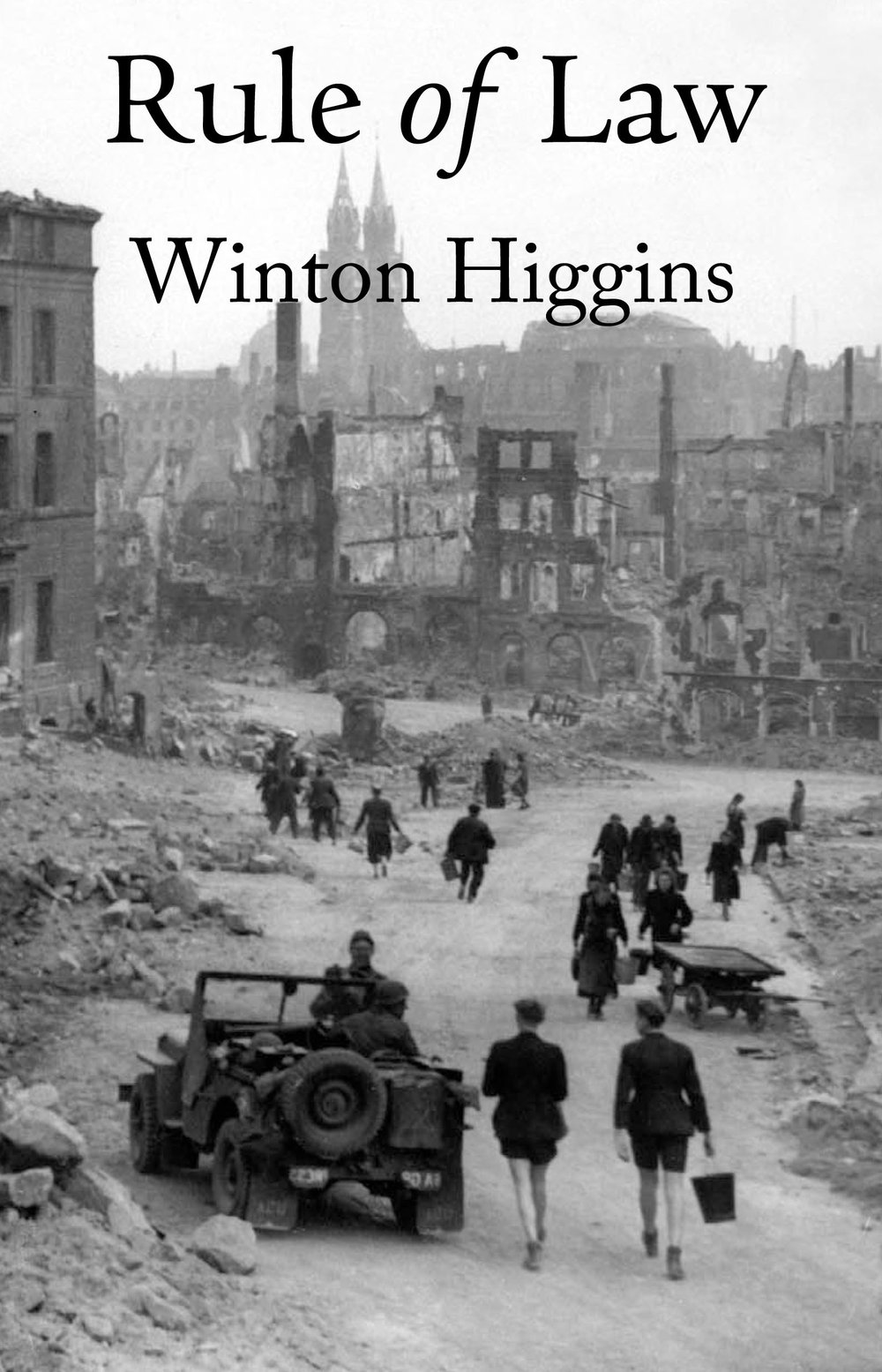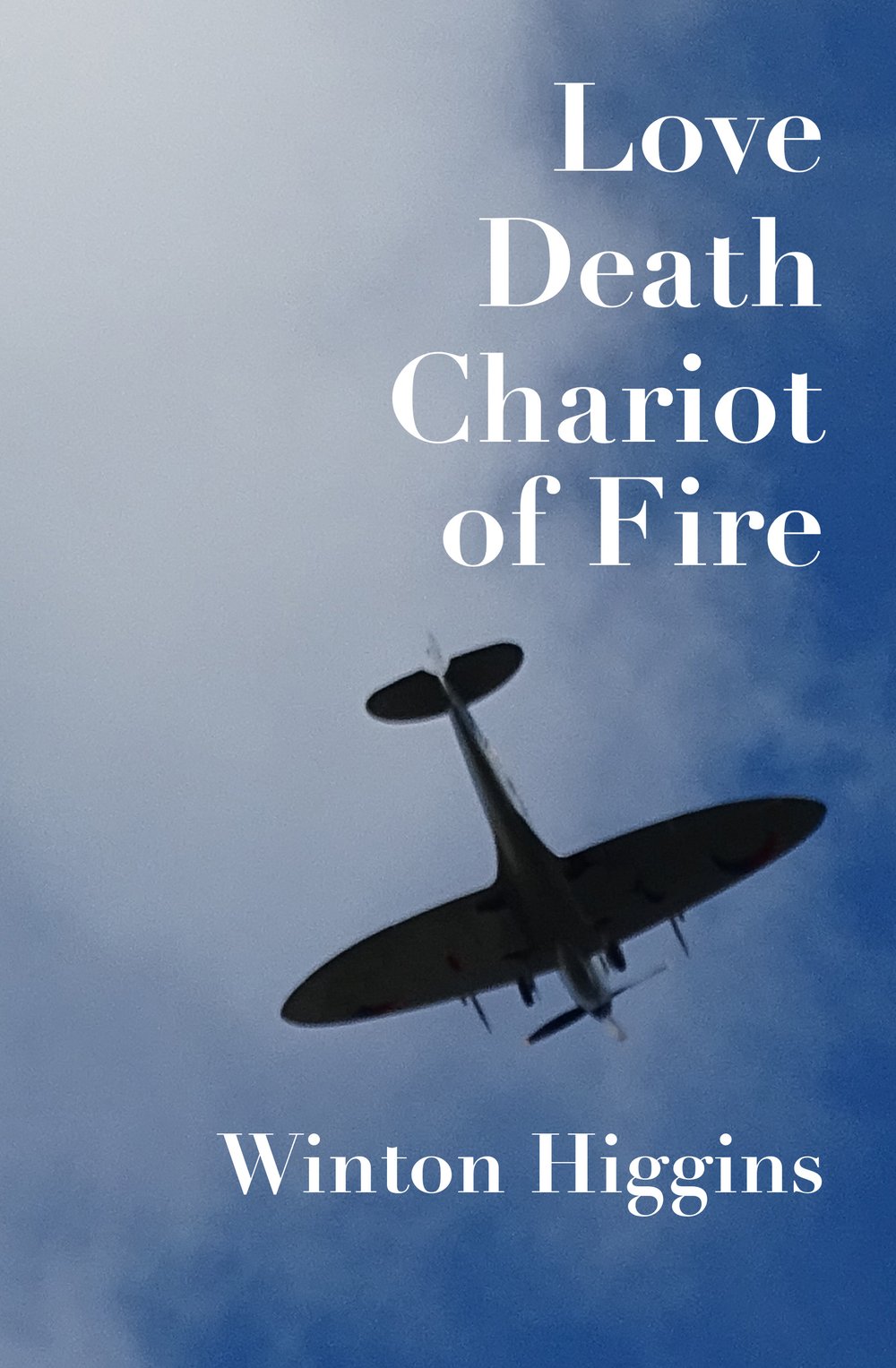Rule of Law
A novel

In his new novel, Rule of Law, Winton Higgins creatively accounts for the drama of the first Nuremberg trial of 1945-6, where the atrocities of the Third Reich were uncovered for a world-wide audience for the first time. Concepts we take for granted now — crimes against humanity, a world court, an international criminal justice system — were bom and nurtured in Nuremberg. Winton Higgins has used the medium of a novel to bring this history to life. It is very much a story for our time. Winton Higgins has wisely chosen the novel form to tell his story, rather than write an academic history (rather as Thomas Keneally did with his documentary novel Schindler's Ark ).
"This is a gripping story of one of the great moments in history. When the victorious Allies of the Second World War decided to put the tyrants of the Nazi regime on public trial at Nuremberg for crimes against humanity. The symbolism was electric. The drama was overwhelming. The emotions wretched. And it had to be worked out in conditions of bombed out devastation and with no effective precedents. Across the pages walk historical characters, some of them familiar. But interwoven with their lives are human tales of great power, added by the author to remind us that this was a raw human drama. Once started, I could not put this book down." Hon. Michael Kirby , past Justice of the High Court of Australia and chair of the UN Commission of inquiry on North Korea
"A fascinating novel, that captures the drama of history's most important trial which laid the foundation for international criminal law. This gripping account uses fiction to bring to life the personalities, principles and philosophies that contributed to the delivery of justice at Nuremberg." Geoffrey Robertson QC
'Nazi horrors and Nuremberg trials revisited in Higgins's Rule of Law
Higgins is a legally trained Australian academic with a specialty in studies of genocide. Most of the events he depicts are grounded in historical fact, and this gives the novel its power. But by eschewing the formal constraints of nonfiction, Higgins aims to make his themes more accessible. Comparisons tentatively may be made with Thomas Keneally's masterpiece Schindler's Ark. Higgins is not a writer of that class but he succeeds in telling a rollicking and informative story.' - The Australian


